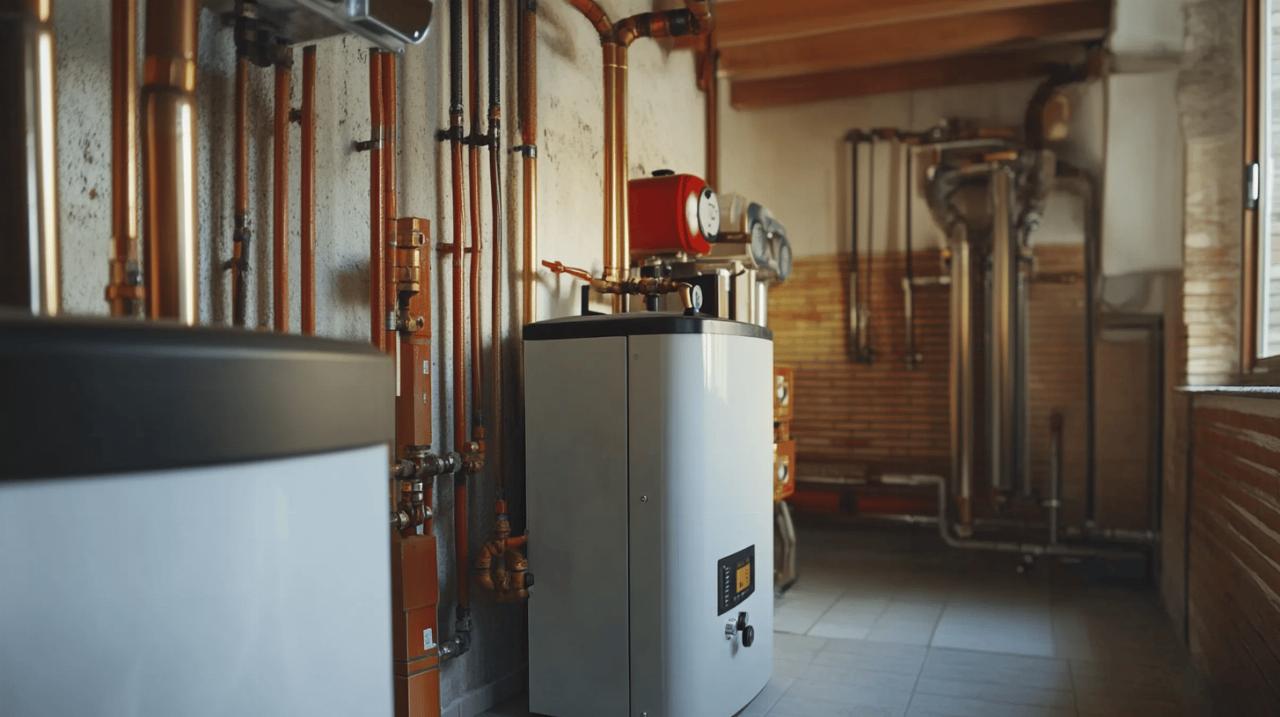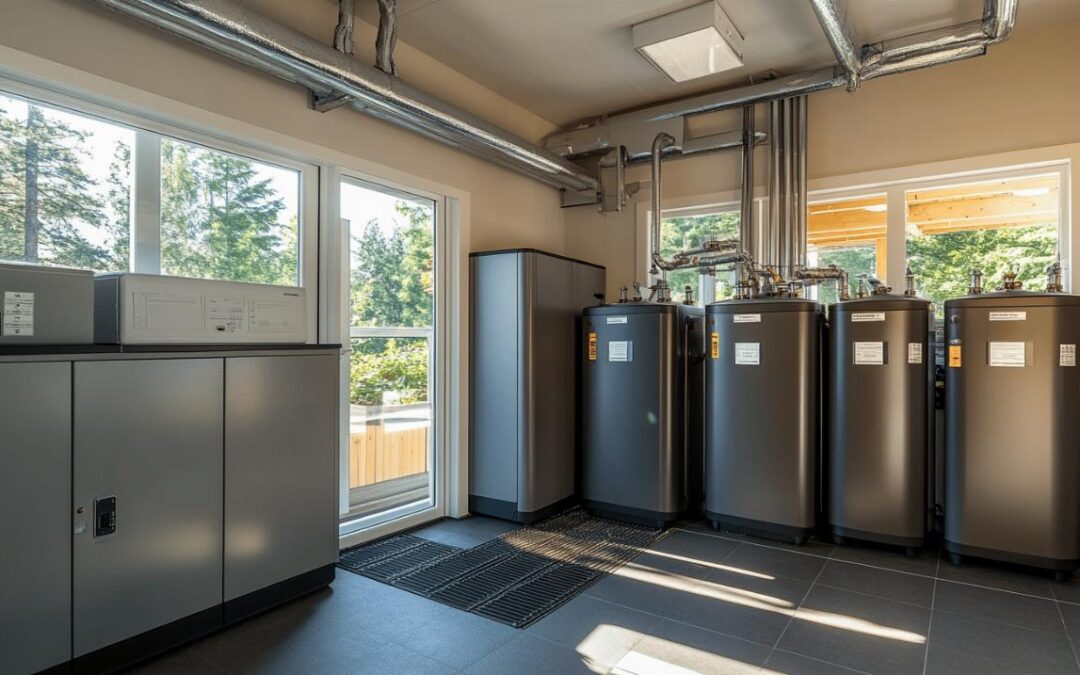Modern heating technology has come a long way in recent years, with condensing boilers representing one of the most significant advancements in home heating efficiency. These innovative systems are revolutionising how we heat our homes while simultaneously reducing energy consumption and environmental impact. Unlike their predecessors, condensing boilers are designed to extract maximum heat from the combustion process, making them an increasingly popular choice for homeowners looking to upgrade their heating systems.
The science behind condensing boiler technology
Condensing boilers operate on a remarkably simple yet effective principle that sets them apart from conventional heating systems. Traditional boilers typically vent hot gases directly out through the flue, essentially wasting valuable heat energy. Kamerolli heating experts have long pointed out that this inefficiency can account for significant energy losses in older heating systems. Condensing technology, by contrast, captures this wasted heat through an ingenious process that extracts thermal energy from water vapour in the exhaust gases.
How heat recovery works in condensing systems
The key innovation in condensing boilers lies in their ability to recover latent heat that would otherwise escape. These systems include a secondary heat exchanger, typically made of stainless steel, designed specifically to cool the flue gases to the point where water vapour condenses. This condensation process releases additional heat that is then transferred back into the heating system. By recycling this energy, modern condensing boilers can extract over 90% of the heat generated from fuel combustion, compared to just 70-80% efficiency in older non-condensing models. This pre-heating mechanism means less fuel is required to reach desired temperatures, resulting in notable energy savings.
Comparing efficiency ratings with traditional boilers
The efficiency difference between condensing and traditional boilers is substantial and quantifiable. While conventional non-condensing boilers typically operate at efficiency levels around 78%, modern condensing models can achieve impressive ratings of up to 99%. Some advanced condensing systems even report efficiencies exceeding 100% when measured against certain standards, with some models reaching 107-109% efficiency. This seemingly impossible figure occurs because efficiency calculations for older boilers did not account for the potential energy in condensed water vapour. Since April 2005, regulations have required all new gas boilers installed in the UK to be condensing types with a SEDBUK efficiency rating of A or B, with oil boilers following suit in April 2007. These higher efficiency ratings translate directly into reduced carbon emissions, with condensing boilers producing approximately 5.2 tonnes of CO2 annually compared to nearly 8 tonnes from non-condensing alternatives.
Economic Advantages of Upgrading to a Condensing Boiler
 The financial benefits of switching to a condensing boiler extend beyond simple fuel efficiency. While the initial purchase price is typically higher than traditional models, the long-term economic advantages make condensing boilers a sound investment for most homeowners. These systems offer substantial savings through reduced energy consumption, lower carbon emissions, and extended operational lifespans. The economic case becomes particularly compelling when replacing boilers more than a decade old, as these outdated units may waste up to 30% of the energy they consume.
The financial benefits of switching to a condensing boiler extend beyond simple fuel efficiency. While the initial purchase price is typically higher than traditional models, the long-term economic advantages make condensing boilers a sound investment for most homeowners. These systems offer substantial savings through reduced energy consumption, lower carbon emissions, and extended operational lifespans. The economic case becomes particularly compelling when replacing boilers more than a decade old, as these outdated units may waste up to 30% of the energy they consume.
Calculating potential savings on energy bills
The switch to a condensing boiler can deliver meaningful reductions in household energy costs. Industry figures suggest that upgrading from an inefficient non-condensing model to a modern condensing boiler can save homeowners up to £310 annually on gas bills. This saving becomes even more dramatic when replacing very old systems with efficiency ratings around 55%, where essentially 45 pence of every pound spent on energy is simply wasted. The exact savings will naturally vary based on home size, existing boiler efficiency, and usage patterns. Boiler sizing also plays a crucial role in maximising efficiency gains, with recommended outputs typically ranging from 24-27kW for smaller properties with 1-2 bedrooms and a single bathroom, up to 35-42kW for larger homes with more than four bedrooms and multiple bathrooms.
Return on Investment Timeline for Homeowners
Despite higher upfront costs, condensing boilers typically offer an attractive return on investment over their operational lifetime. With average boiler lifespans ranging from 15-20 years, homeowners can expect to recoup their initial investment through energy savings within a relatively short period. For instance, a system saving £300 annually could pay for its premium over a traditional boiler within 3-5 years, while continuing to deliver savings for more than a decade thereafter. This economic equation becomes even more favourable when considering available financial incentives such as the Boiler Upgrade Scheme, which can provide grants of up to £5,000 toward more efficient heating systems. Additionally, condensing boilers tend to require less maintenance over their lifespan, further enhancing their cost-effectiveness. When coupled with smart home heating controls or integrated into renewable energy systems, the economic benefits can be further amplified, making condensing technology one of the most financially sound heating investments available to homeowners today.






